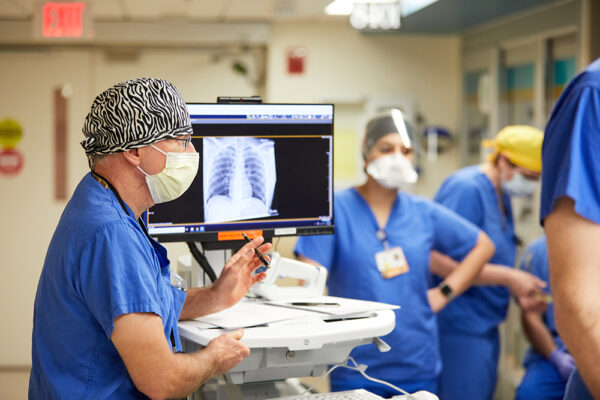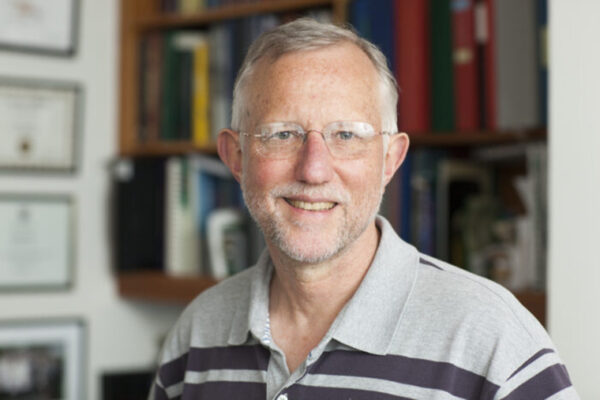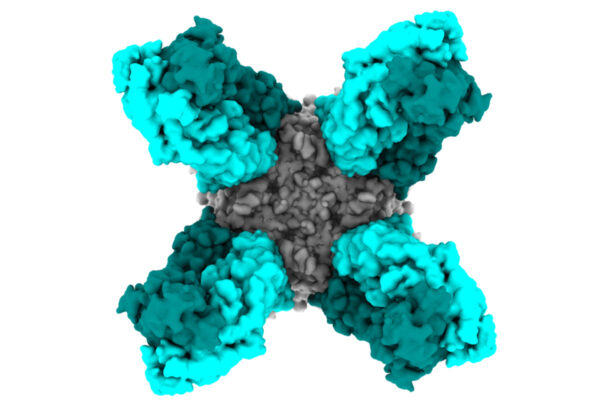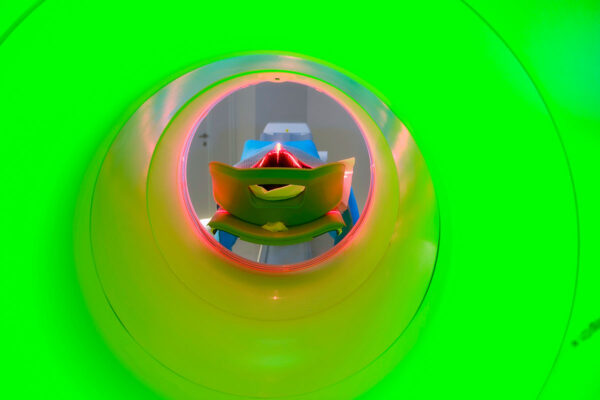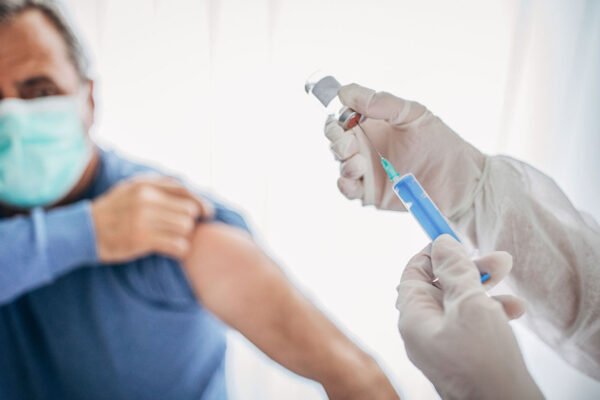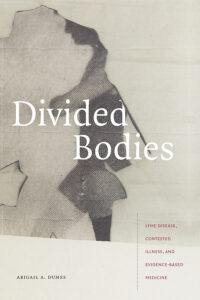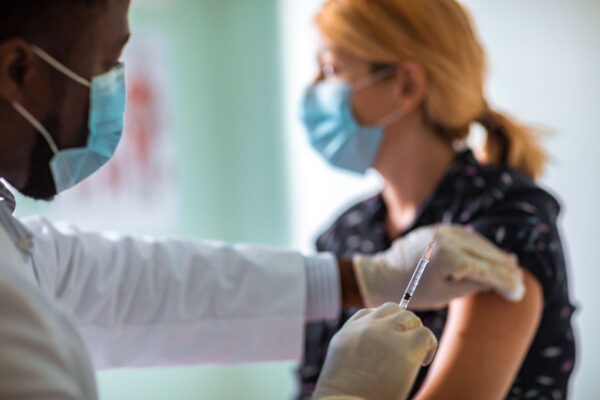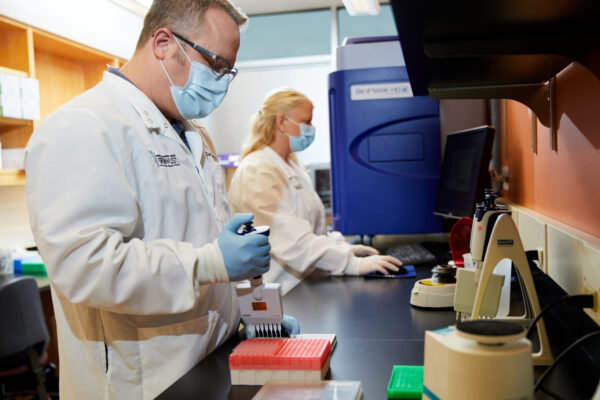At the bedside
Han Li, MD ’15, shares what it was likes to treat COVID-19 patients during the early days of the pandemic.
Inequity and the path to change
Vetta Thompson, the E. Desmond Lee Professor of Racial and Ethnic Studies at the Brown School, discusses how partnership and sustained community efforts are key components in addressing the racism that contributes to disparities in disease, including COVID-19.
Nobel awarded to Charles Rice for hepatitis C discoveries at School of Medicine
The 2020 Nobel Prize in Physiology or Medicine was awarded Oct. 5 to three scientists for groundbreaking research that led to the discovery of the hepatitis C virus. One of those scientists — virologist Charles M. Rice — conducted his seminal work while on the faculty of Washington University School of Medicine.
Antibodies protect against wide range of influenza B virus strains
Researchers have identified two antibodies that protect mice against lethal infections of influenza B virus. Together with an antibody that targets influenza A, the antibodies potentially could contribute to a drug to treat almost all flu cases.
Imaging agent developed at Washington University spotlights inflammation
School of Medicine scientists have created a PET imaging agent that detects signs of inflammation. Such a tracer could aid diagnosis and study of diseases ranging from cardiovascular disease to cancer to COVID-19.
Global trial to test whether MMR vaccine protects front-line health-care workers against COVID-19
Washington University School of Medicine in St. Louis is the clinical coordinating center for an international trial aimed at evaluating on a large scale whether the MMR vaccine can protect front-line health-care workers against COVID-19.
Divided Bodies
Lyme Disease, Contested Illness, and Evidence-Based Medicine
In Divided Bodies, Abigail A. Dumes offers an ethnographic exploration of the Lyme disease controversy that sheds light on the relationship between contested illness and evidence-based medicine in the United States.
Study provides insight on how to build a better flu vaccine
Repeated exposure to influenza viruses may undermine the effectiveness of the annual flu vaccine. A team of researchers led by Washington University School of Medicine in St. Louis has developed an approach to assess whether a vaccine activates the kind of immune cells needed for long-lasting immunity against new influenza strains. The findings could aid efforts to design an improved flu vaccine.
Identifying emerging diseases focus of new international collaboration
The School of Medicine is one of 10 sites and a coordinating center forming the Centers for Research in Emerging Infectious Diseases, funded by the National Institute of Allergy and Infectious Diseases, part of the National Institutes of Health (NIH).
Washington University develops COVID-19 saliva test
Washington University School of Medicine in St. Louis has developed a saliva-based test for COVID-19 that is faster and easier than the swab tests currently in use. The test could help simplify and expand the availability of COVID-19 diagnostic testing across broad populations.
Older Stories
